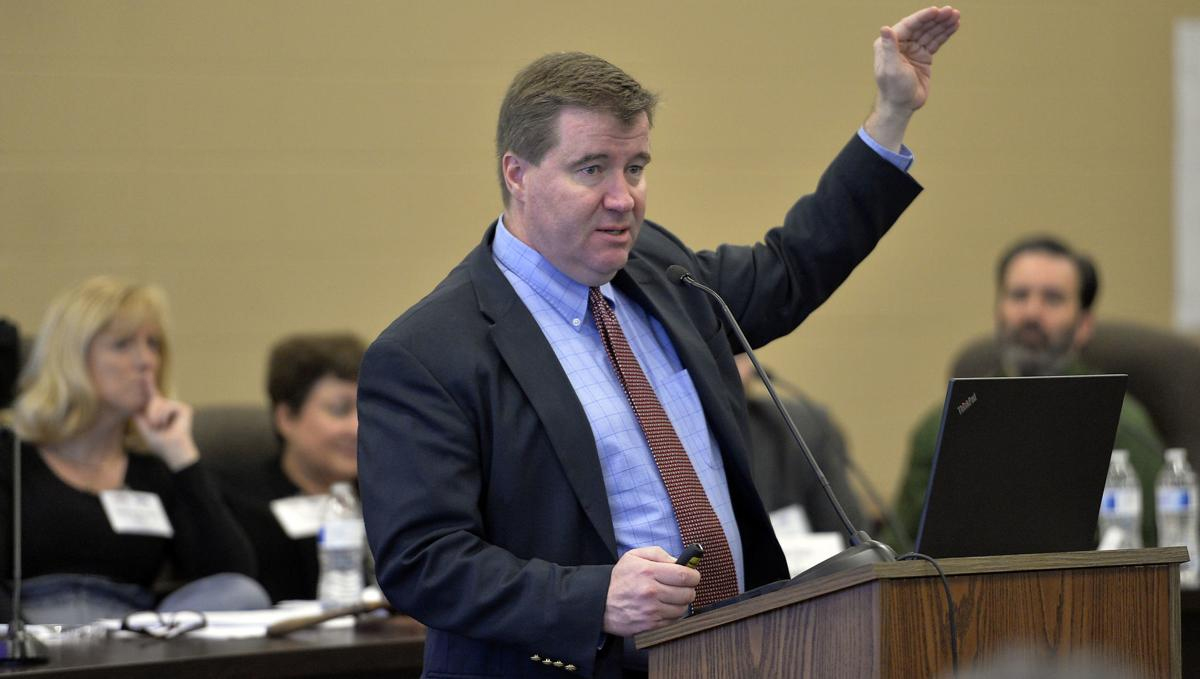The Kenosha Area Business Alliance, an economic development organization that has helped steer much of the new business and industrial growth in the county, is taking the lead in the expansion of new housing to meet the needs of a growing workforce.
While KABA has made significant progress attracting new companies and has established the 80-acre Salem Business Park in partnership with the village of Salem Lakes and Kenosha County, its new venture is to form a task force to promote the development of housing for the thousands of people who are relocating.
KABA and the Federal Deposit Insurance Corp. hosted the Workforce Housing Outlook: Needs & Strategies community development forum in late January to bring developers, financial and governmental officials together to discuss options for new housing in Kenosha County.
An audience of more than 100 gathered in the Somers Village/Town Hall to hear presentations from J. Will Greene, a regional FDIC economist, and Kurt Paulsen, a University of Wisconsin professor of urban regional planning, discussing how the housing shortage is reaching a crisis point.
Using statistics and other material from the presentations, members of the audience broke off into discussion groups to come up with creative ideas to bring about solutions to the problem.
For many in the audience, the Somers workshop was a visual reminder that housing development is well underway here. Developers Greg Moyer and S.R. Mills, who are currently developing apartment units, were active members of the breakout sessions that followed the presentation.
Moyer is building the 241-unit Hawthorn Apartments at Highway E and Green Bay Road, just west of the University of Wisconsin-Parkside campus.
Mills, who developed the 330-unit Market Square Apartments in 2014, is currently developing a senior apartment and townhouse complex along Sheridan Road near Carthage College.
Mills has said he chose Somers because he saw a need for multi-family housing at a time when commercial growth was expanding. Mills said Somers was a ripe location for housing growth.
While no decisions were made at the forum, it was a starting point that KABA and others hoped would help bring about an answer to the housing problem.
Forum a starting point
KABA’s housing task force is still in the planning stage. It likely will include a combination of developers as well as governmental, financial and industrial officials, including those with the city and county.
The task force, said Heather Wessling Grosz, KABA vice president, will “work with our municipalities and employers to drive workable solutions to balance the opportunities and encourage options all along the housing spectrum.”
Wessling Grosz said developers who are producing some of the necessary multi-family and single-family housing are part of the task force.
Lou Molitor, Kenosha Chamber of Commerce president and chief executive officer, said the housing shortage creates a challenge for employees coming in to take jobs with Haribo and other new companies.
A study of U.S. Census Bureau statistics released in January by Storage Cafe, a nationwide self-storage website, revealed that Wisconsin welcomed 25,155 arrivals from Illinois in 2018, the largest number of people who entered from other states.
Projections dictate a severe need for housing development. “They almost have to be building non-stop for two to five years to meet all the housing demand,” Molitor said.
Is the shortage of housing holding back some of the employment growth here?
“Maybe not yet,” Wessling Grosz said. “But more often than we’d like, our new employees are not our new residents.”
“Retaining young professionals (and their families) through the growth of their professional careers is one key element of an economic development strategy to sustain a healthy, local economy,” she said.

